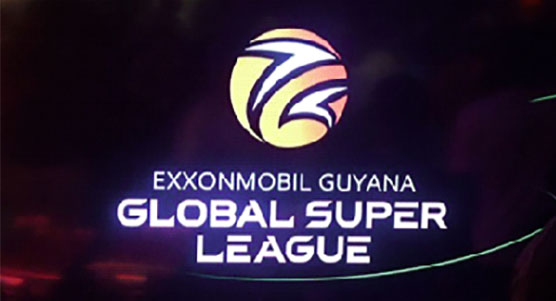A Stabroek Sport comment
The inaugural Global Super League (GSL), a T20 cricket tournament, the latest addition to the vast pool of T20 leagues around the world, ran from November 26 to December 7, 2024, in Guyana. Endorsed by President Irfaan Ali as a landmark event to position the nation as a hub for sports tourism, the tournament’s impact has left more questions than answers. Speaking at his year-end press conference, President Ali highlighted the transformative role sports can play in boosting tourism and economic growth. In reference to the government’s vision, he said; “Our goal is to ensure that every new hotel is filled with visitors drawn by vibrant culture and sporting events.”
The GSL featured franchise teams from Guyana, Bangladesh, Australia, Pakistan, and England, with backing from ExxonMobil Guyana and a US$1 million prize pool. Designed as a showcase of Guyana’s ability to host international events, the league was intended to capitalize on the country’s growing reputation as a tourist destination.
However, the tournament’s inaugural hosting yielded mixed results. Sparse attendance on several match days and a lack of widespread enthusiasm suggested that expectations for the GSL were not fully realized. Limited marketing efforts and inadequate engagement with both local and international cricket fans can be looked at as factors that put a damper on the tournament’s appeal.
Transparency has also become a focal point and while President Ali clarified that government support was limited to in-kind contributions such as infrastructure and security, questions still persist about the financial management of the league. Detailed disclosures from the organizing body remain conspicuously absent.
Also mentioned was tourism data from January to October 2024 showing a 15% increase in visitors compared to the previous year, with nearly 300,000 tourists arriving in the country. This growth aptly demonstrates Guyana’s potential as a destination for travelers. Yet, translating these gains into consistent success for marquee sports events like the GSL requires a more strategic and holistic approach.
The government has identified sports infrastructure as the cornerstone of its tourism strategy, with plans to further expand facilities for cricket, car racing, horse racing, and football. While President Ali envisions a thriving sports ecosystem that boosts local participation while drawing global attention, questions remain about whether ambitious sponsorships are being undertaken with adequate consideration for the feasibility and appeal of these events.
The GSL’s debut highlights several areas for improvement. Enhanced marketing, greater financial transparency, and deeper collaboration with stakeholders are essential to ensure future tournaments succeed.
While the government’s investment in sports as a driver of tourism and economic growth is commendable, the shortcomings of the GSL’s first season illustrate the need for refinement. By addressing these gaps, Guyana can better position itself as a genuine player in the global sports tourism arena.
